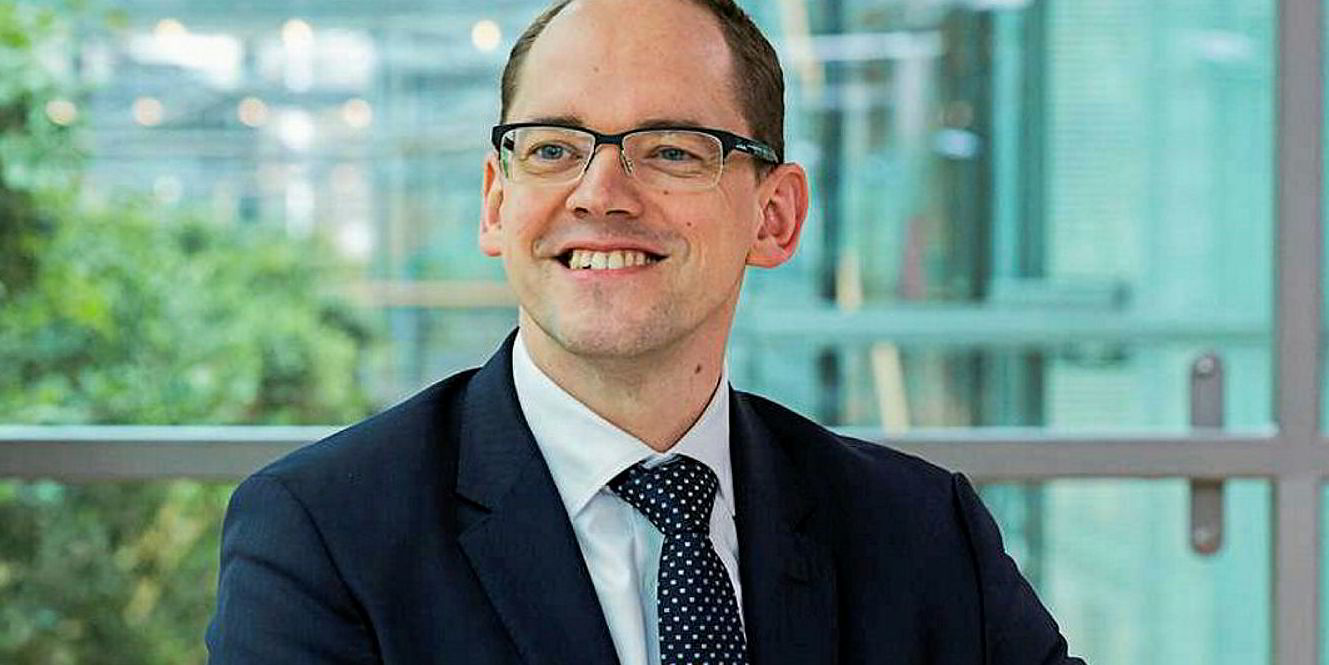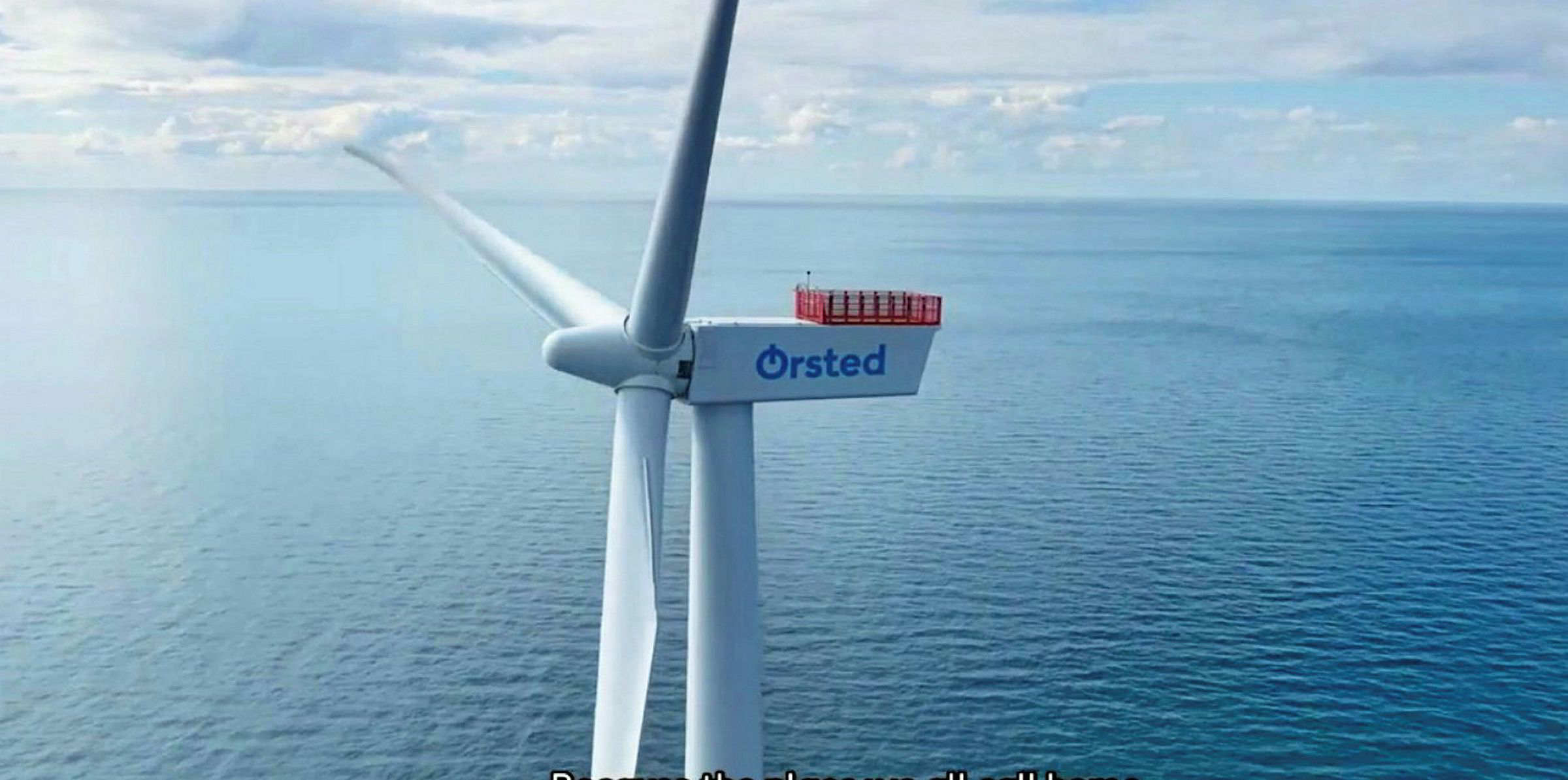Orsted made no promises over its plans in Taiwan after the country issued a revised 2019 offshore feed-in tariff, saying only it would work with the supply chain there “with the objective of making the projects investable”.
Orsted – which today revealed it achieved a record operating profit last year – had halted its activities in Taiwan in a row over support arrangements, centering on the FIT available for projects that missed the deadline for 2018’s tariff.
The Danish group was among a clutch of developers to complain that early projects would be unviable unless they got the 2018 rate, which they missed out on due to permitting hold-ups.
The Taiwanese energy ministry MOEA today published a revised 2019 FIT rate that’s 8% higher than the one originally proposed, as well as new arrangements over a production cap imposed on output qualifying for the support, in an apparent nod to developers.
Orsted offshore CEO Martin Neubert said: “We take note of the 6% tariff reduction compared to the 2018 tariff as well as the introduction of a cap on annual full-load hours. The production cap has material adverse impact by preventing an optimal and efficient use of the wind farm. In addition, it puts far-shore projects at a disadvantage versus the near-shore projects which remain unaffected by the cap.”
Neubert said “We will now collaborate closely with the supply chain to mitigate the adverse impacts from the production cap and the reduced feed-in-tariff, with the objective of making the projects investable” ahead of final decisions by the Orsted board.
Orsted claimed its Greater Changhua projects “are facing extraordinarily high costs related to creating a local supply chain at scale, reinforcing the onshore grid infrastructure and building, operating and maintaining offshore wind farms in challenging site and weather conditions”.
Orsted’s reaction came as it revealed record operating profits (Ebitda) of DKr30bn ($4.6bn) for 2018, a 33% year-on-year rise.
The group said the better-than-expected performance was “mainly due to higher achieved Renewable Obligation Certificate (ROC) recycle values, lower than expected costs, and better than expected progress on Borkum Riffgrund 2 resulting in higher partnership gains and faster ramp-up of generation”.
Orsted announces its full-year financial results on Thursday.


